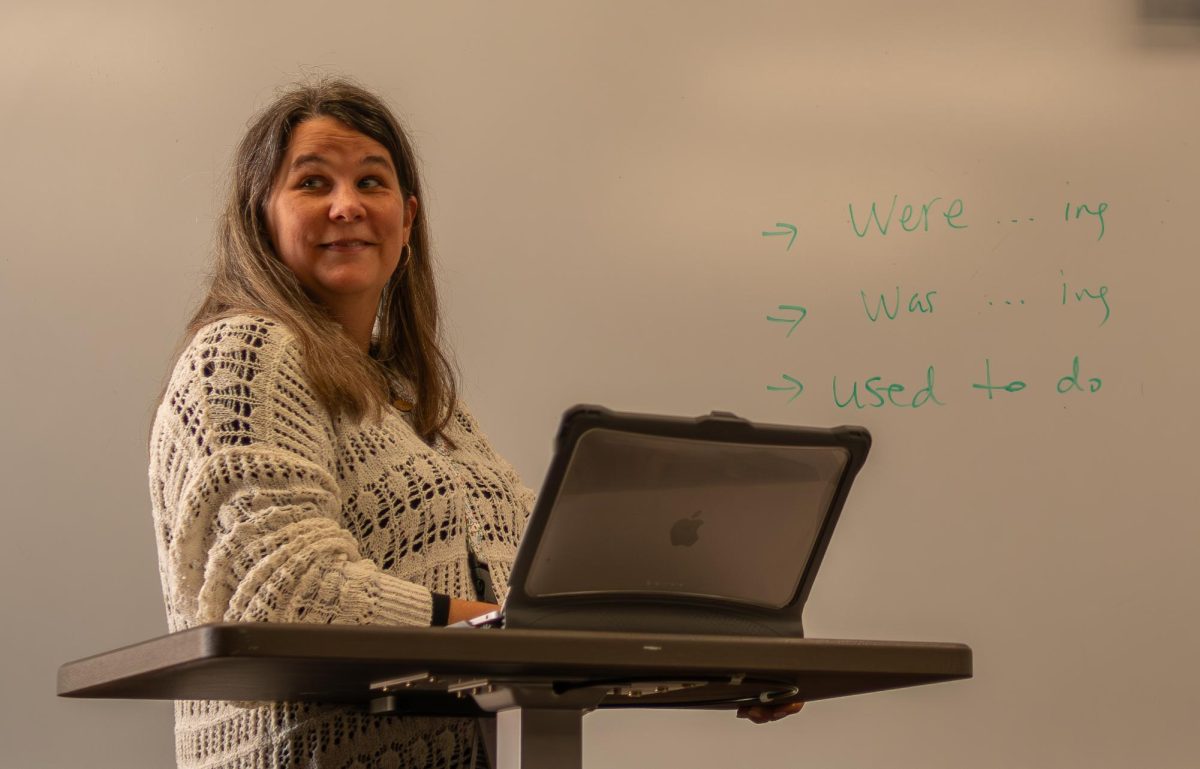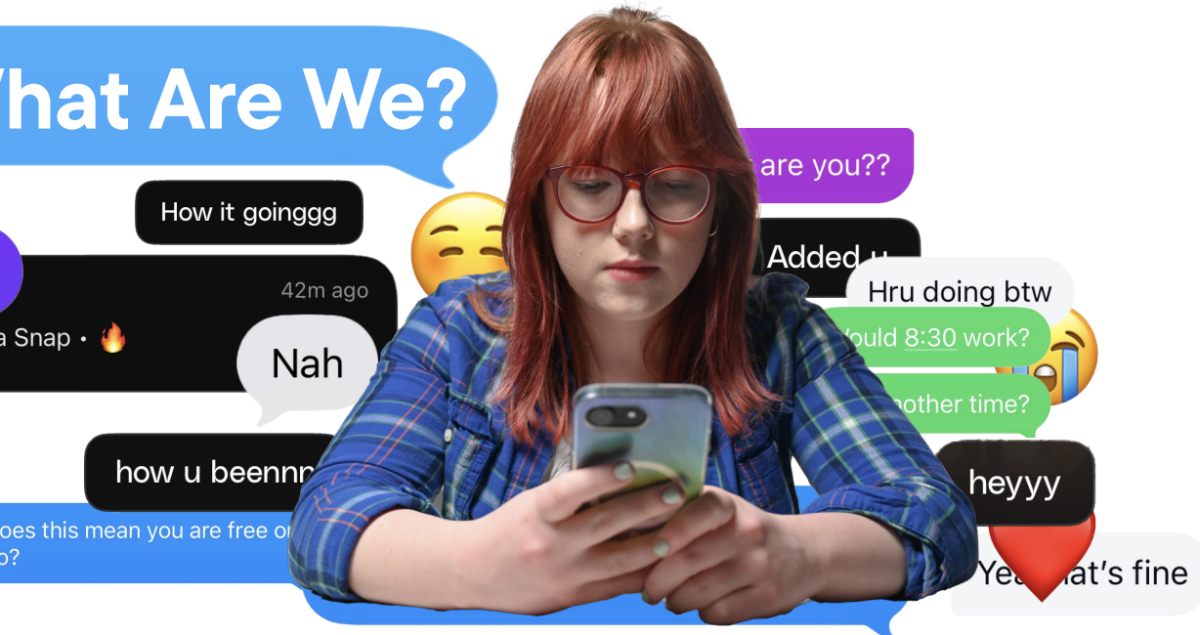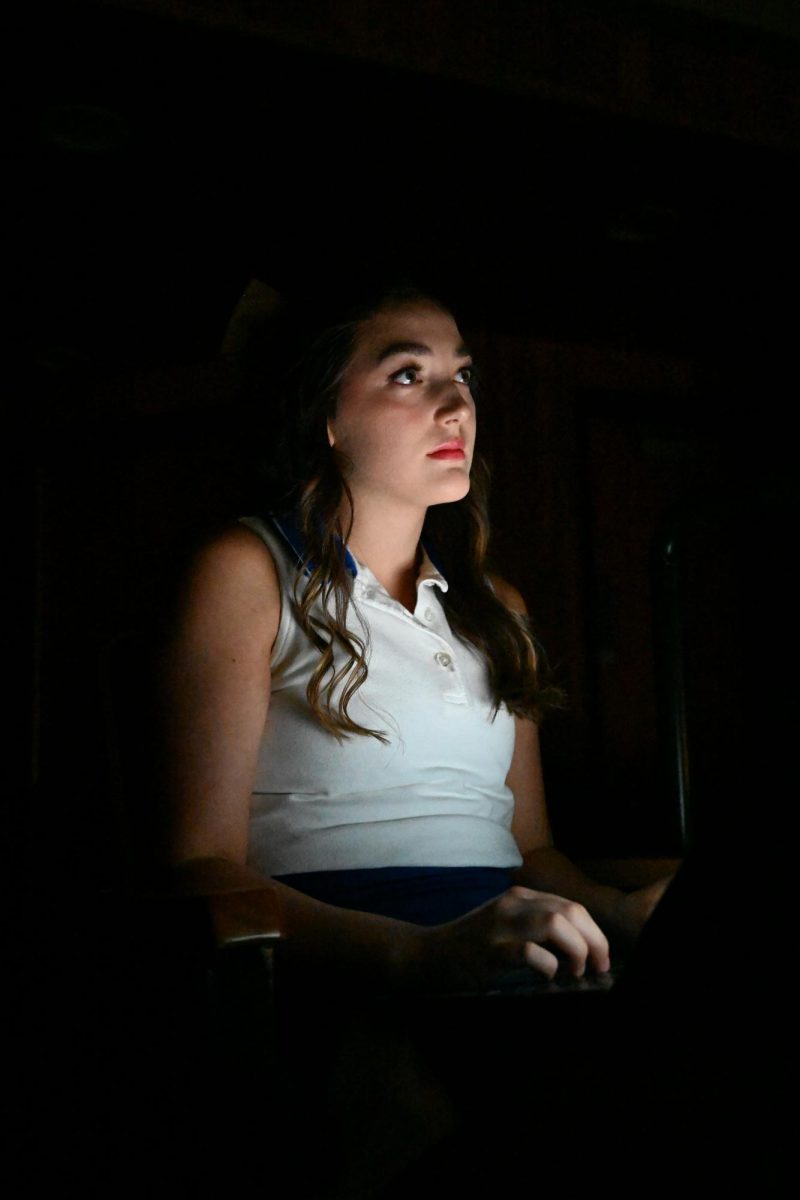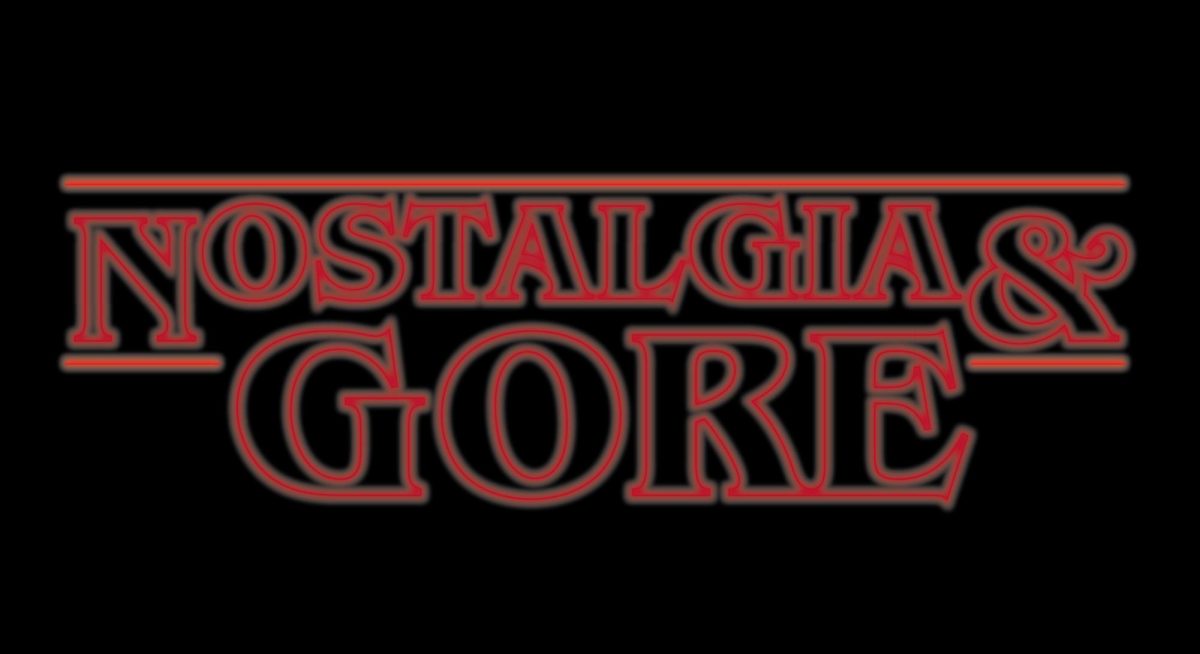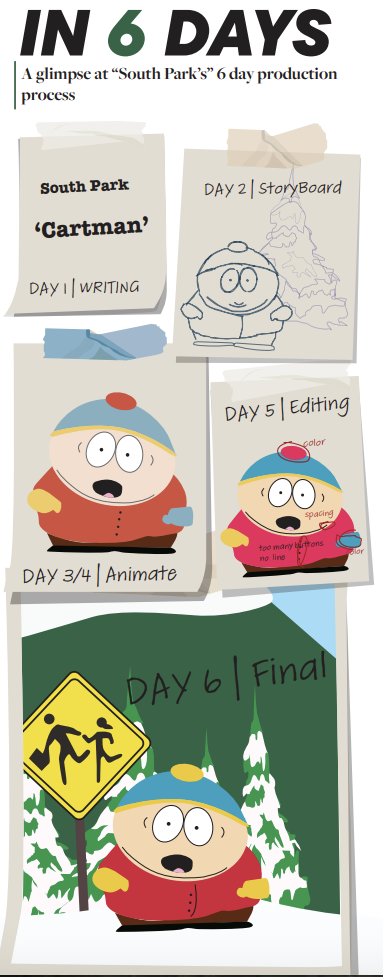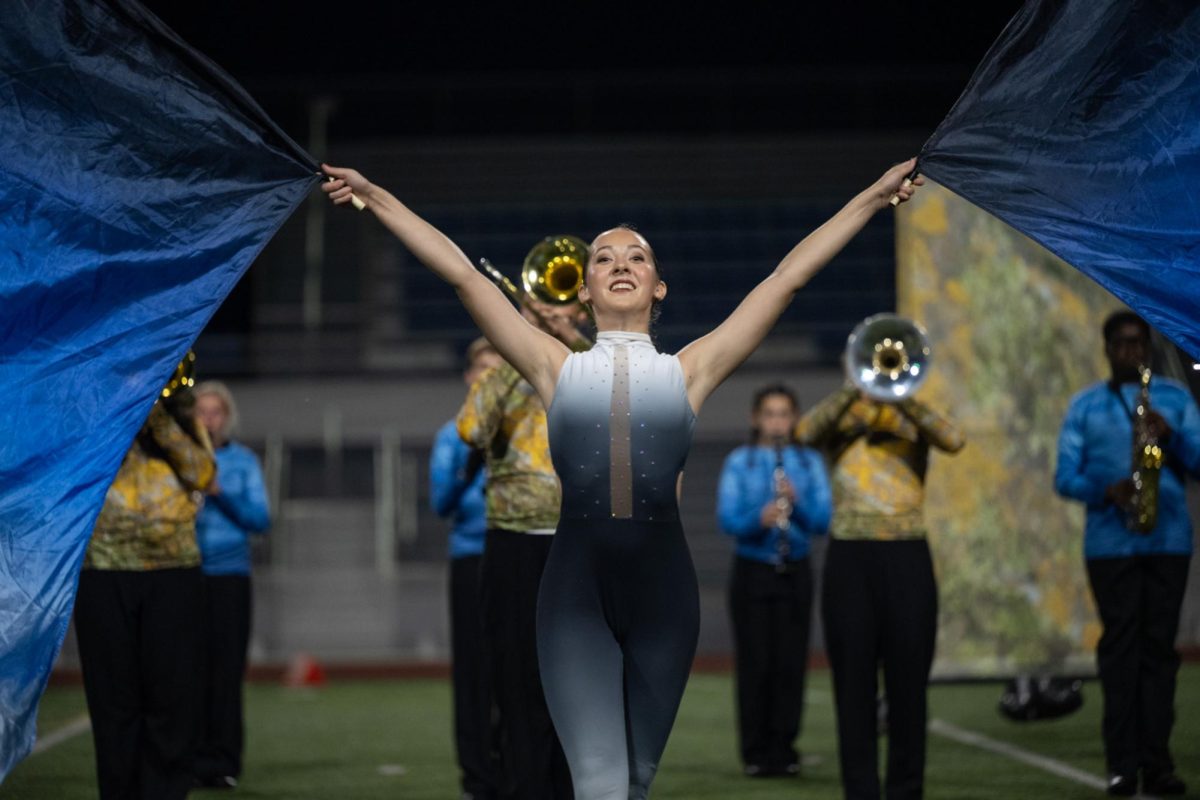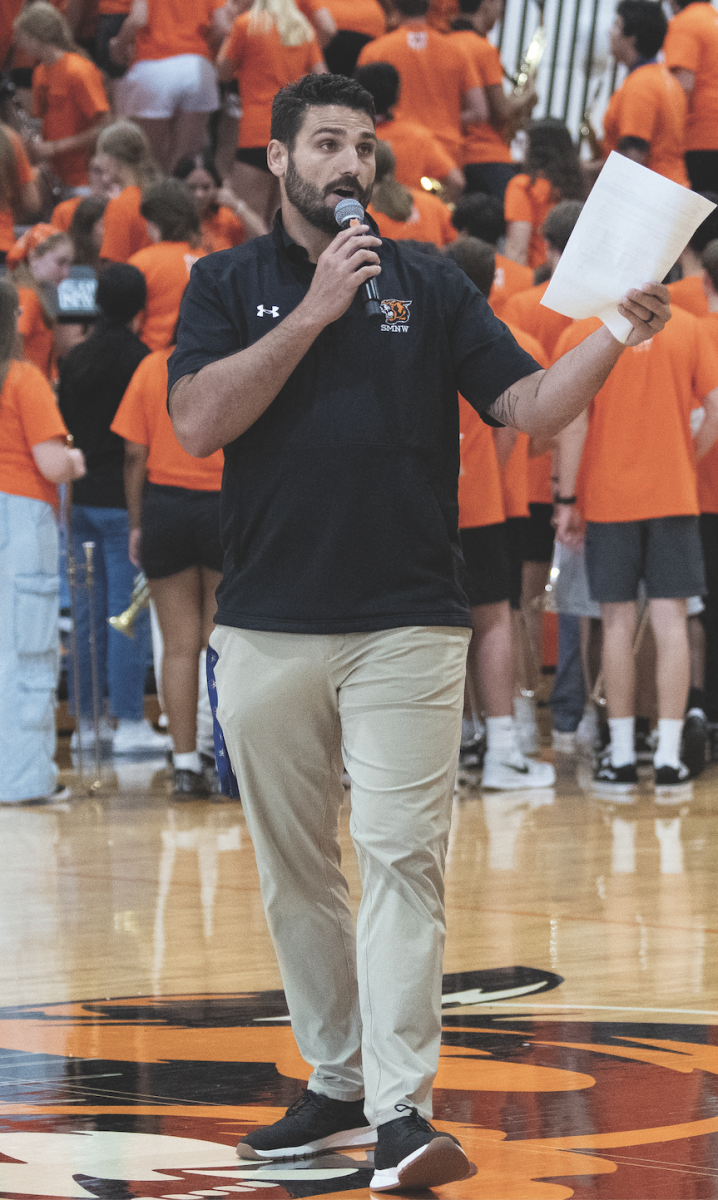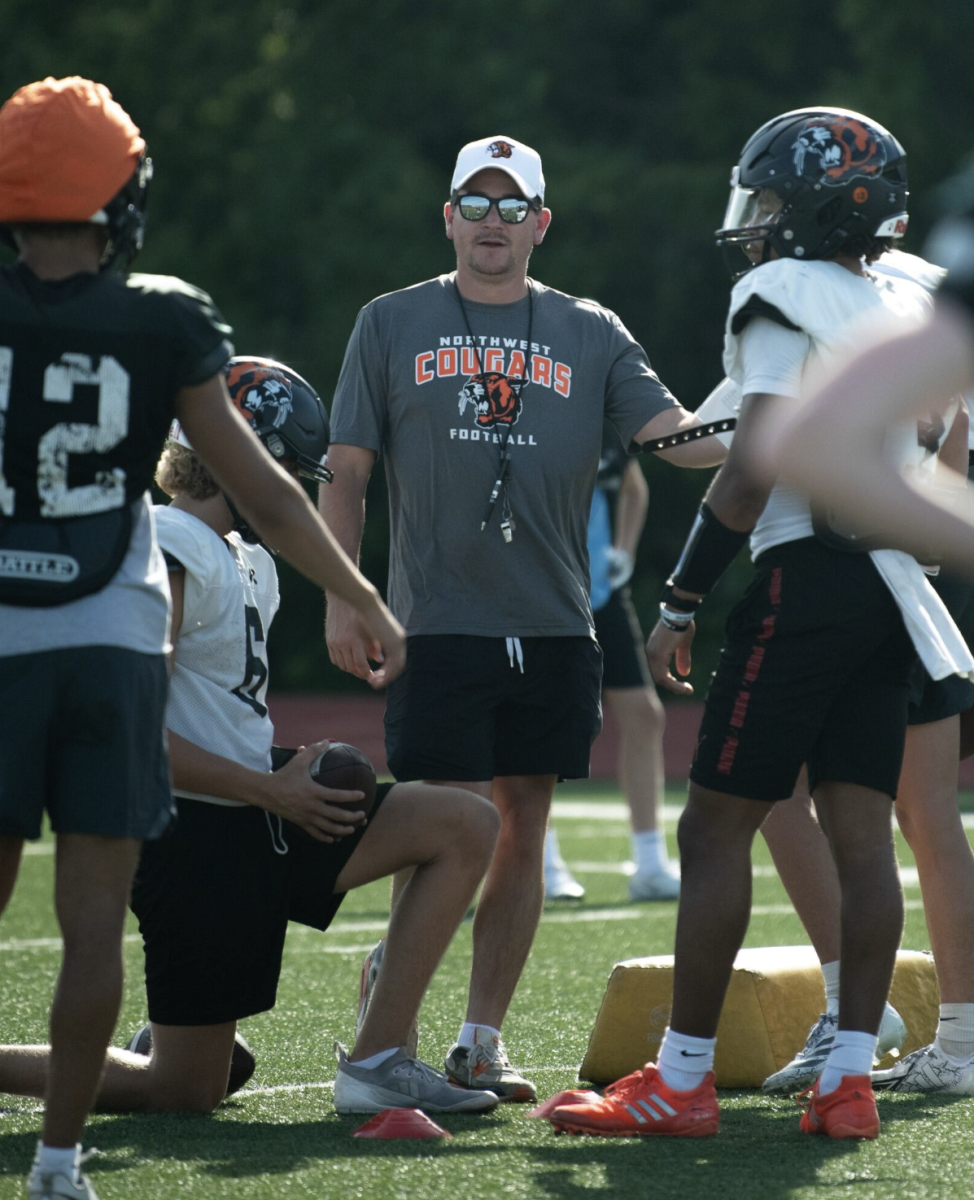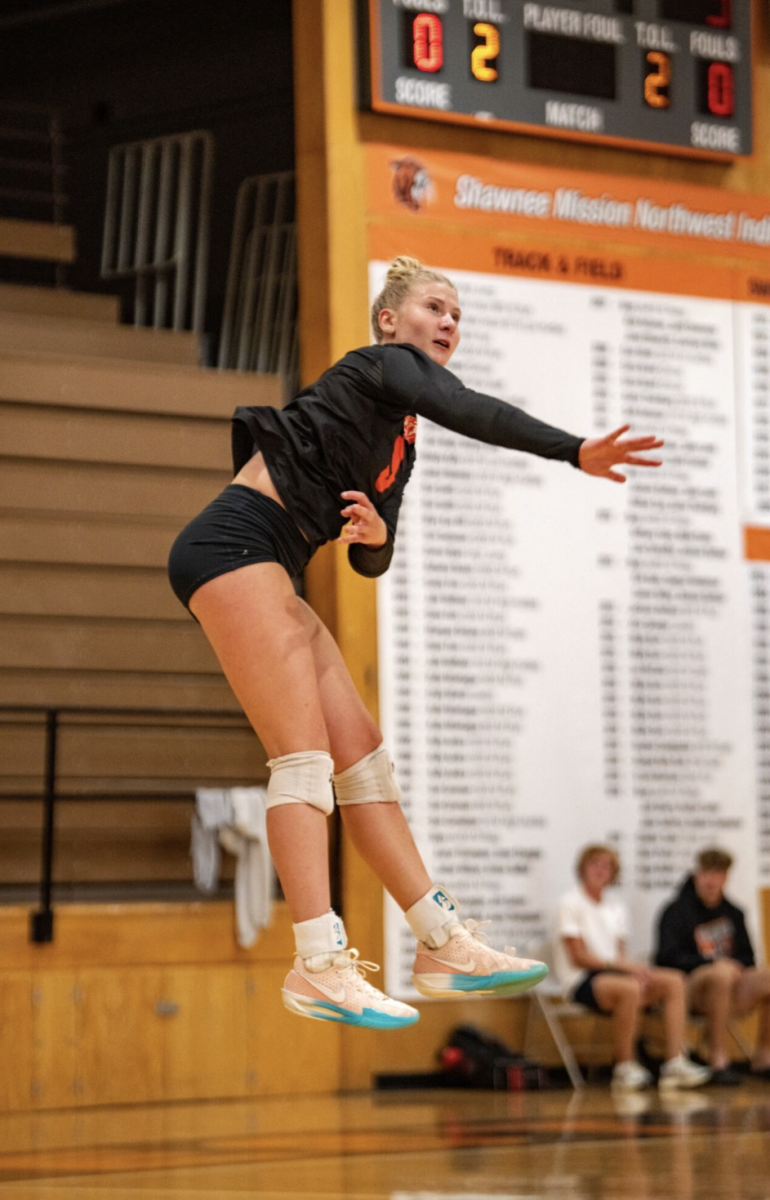College is already expensive with things like tuition, housing, books and other supplies making it one of the greatest bills you’ll ever pay. Students shouldn’t be required to pay for their application, too.
Best Colleges, a nonprofit organization that collects data to help students decide on college destinations, said the national average for applying to a college is $48. However, that is rarely the full cost. Ivy League schools cost about $80 just to apply. Best Colleges reports that in 2023 to 2024, students applied to an average of five colleges or universities. This cost around $275.
A majority of colleges and universities require you to send an ACT or SAT score, two already expensive tests ($68 for the SAT and $63 to $88 for the ACT). College Board gives you the option to send four free scores to any organization. For anyone who wants to send more scores to another college or scholarship foundation, the cost per score sent ranges from $14 to $19.
For a student who applies to about five colleges, takes the SAT, and is willing to send two paid scores, the cost for just applying goes up to about $371.
These costs, while not groundbreaking for most, could be for some.
The education system is advertised to supply students with a better future. You study for the majority of your early life, graduate high school, go to college, get a job and, suddenly, all your problems are solved. You’ve made it. If college and the education system are supposed to do all that, should it come at such a high price?
One could study for four years straight at high school, a place that is constantly drilling in the idea of college, yet, after your four years everything you’ve worked for is stopped by one single thing: the application cost into a better future in college.
What is wrong with the system?
College is an opportunity for higher learning, and should not be the hardest thing to come by, sadly it is. U.S. News said the common public in-state tuition is $11,011, and out-of-state tuition is $24,513 per semester. For someone looking for a private college, the cost skyrocket to an average of $43,505.
The University Daily Kansan reported that KU broke enrollment records this fall semester, rising to 30,770 students admitted, the highest it has been since 2008. If each one of those students is paying the usual cost of tuition ($21,556), KU is receiving about $663,278,120 for just this year.
Do they really need my $40?
The fee, while a minor cost in the grand scheme of college, is useful. There is someone out there in the college system that has to look over every application and fees like this may be used to pay those who review applications.
While there are ways to get around the fee, for instance, scholarships like KU Scholars directly make it so the initial application fee can be postponed and added on to your overall bill. There are also other plans, for instance, students who qualify for reduced lunch might also qualify for a fee waiver.
Even then, that whole process is flawed. They require students to either have a scholarship or be in the reduced lunch program, cutting out the regular student who is neither here nor there.
Higher education like college shouldn’t be locked behind a paywall. College should be for everyone, including those who aren’t able to afford it. A system that prioritizes the money aspect of higher learning before it thinks about if it should is a flawed system.
And it needs to be fixed.



